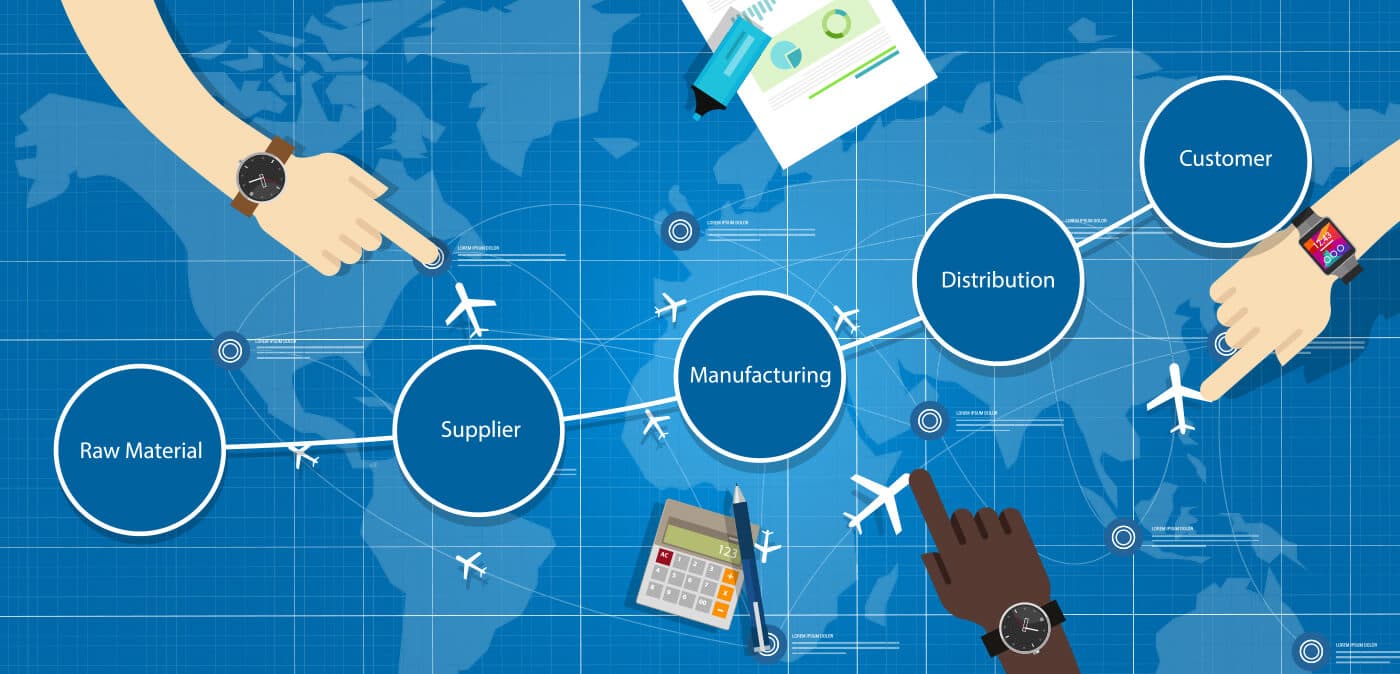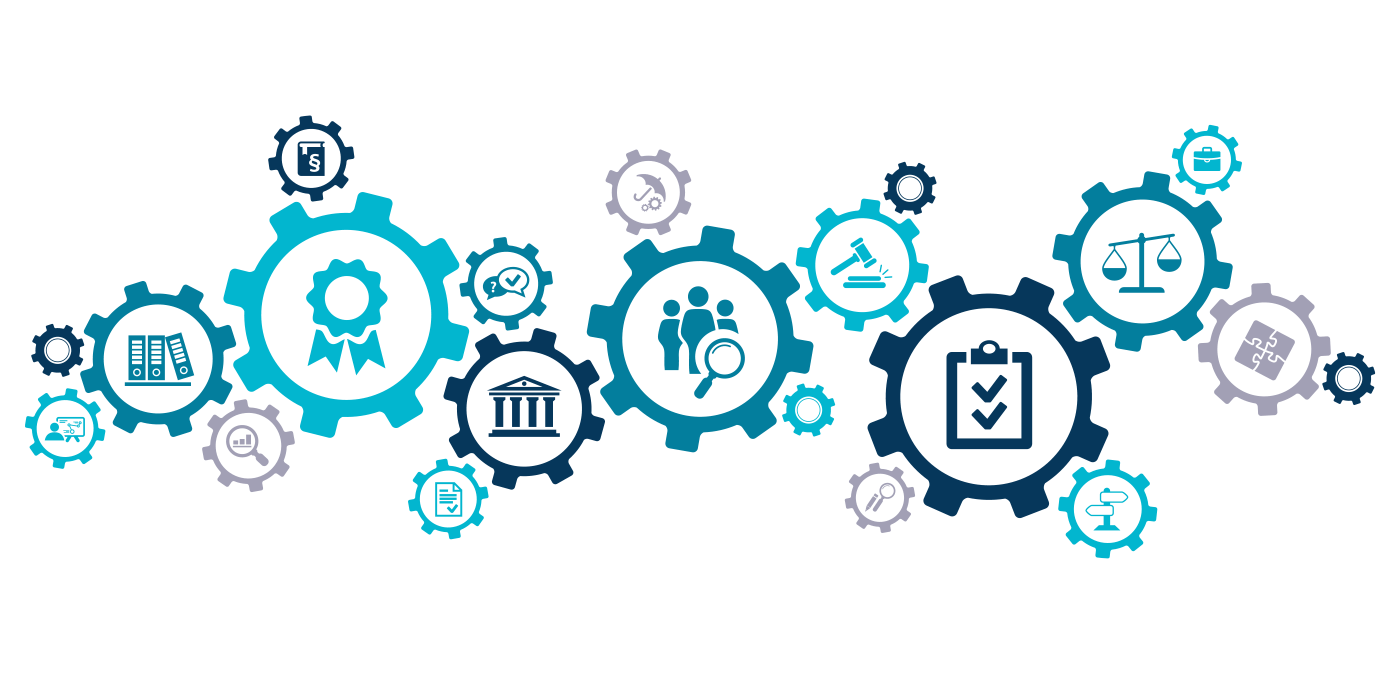

Blockchain’s purpose is to balance power between the institution and the creators of data. By doing this, blockchain enhances an industry’s value chain.
In retail, for example, current problems with transparency and product tracking make it easy to over-order supplies as well as unintentionally purchase knock-offs or illegally-obtained merchandise.
The current setup makes it challenging to know the real value of a product. Information either gets lost or buried in other details, and the retailers in supply chains take the losses.
With blockchain technology, vendors can track everything related to the products they purchase. They can access information starting with the raw materials used all the way to the final purchase and delivery of their products.
This helps the vendor know the history of the product. They can view the full supply chain and restock with high-quality products that keep customers happy and optimize profits.
All organizations can benefit from switching to blockchain, not just retailers. Musicians and organizations within the musical community are other excellent examples of how blockchain will enhance the value chain.
With blockchain technology, musicians will quickly receive their royalties from sales, venues will slow the sales of counterfeit tickets, and record companies will see who is downloading music illegally.
 Thanks to its transparency and security, blockchain can build solid relationships between customers and providers in all industries.
Thanks to its transparency and security, blockchain can build solid relationships between customers and providers in all industries.
Blockchain technology holds businesses more accountable for the products they offer. It also creates a safer space for consumer-provider interactions with its almost tamper-proof technology.


Some companies might fear that technology like blockchain provides too much transparency. Maybe your company has a secret recipe or formula, and sharing it with the public would hurt your business.
Let’s say Coca-Cola is using blockchain technology. They have set up their transparent, trustworthy decentralized network, but now they fear that the transparency is too much, and they might expose the recipes to their beverages.
A company can set specific regulations within its blockchain. If your organization is following the rules, then you are in control of what you want to share. You determine what is made visible to the public.

Reach out to learn how we can help your
business.